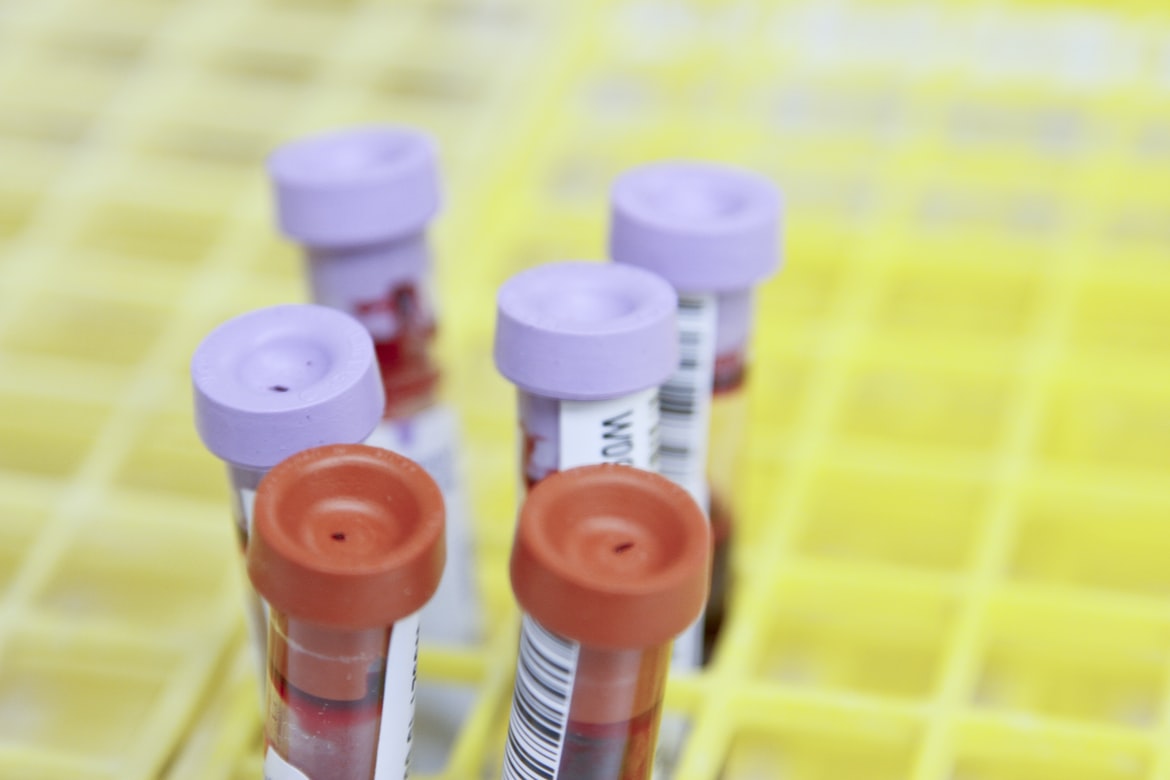Have you ever tested for a STD?

Sexually Transmitted Disease (STDs) are infections that are predominantly spread through sexual contact, including vaginal, oral and anal sex. However, it is not only transmitted during sexual activity, but can also be transmitted via a variety of body fluids including blood, breast milk, semen and vaginal secretions. HIV (human immunodeficiency virus) can also be transmitted from a mother to her child during pregnancy and delivery. HIV is a virus that attacks the body’s immune system, and if not treated, can lead to a type of STD called AIDS (acquired immunodeficiency syndrome).
They’re really common, and lots of people who have them don’t have any symptoms. Without treatment, Sexually Transmitted Infections (STIs) can lead to serious health problems. But the good news is that getting tested is not difficult and most STDs are easy to treat.
According to the latest HIV estimations, the average number of people living with HIV is 3700 (between 2017 – 2020) (Source: National STD/AIDS Control Programme). and both men and women equally contract them.
Some people have flu-like symptoms within two to four weeks after infection which may last for a few days or several weeks. Possible symptoms include: fever, chills, rash, night sweats, muscle aches, sore throat, fatigue, swollen lymph nodes, and mouth ulcers. But some people may not feel sick and symptoms may not be noticeable, which is why it is important to get tested for STDs every 6 months, regardless of your gender or sexual orientation if: you are sexually active and if you fall under the “high risk” category.
The only way to know for certain whether you have HIV is to get tested. Knowing your HIV status helps you make healthy decisions to prevent getting or transmitting HIV. Although there is no cure after the HIV enters the body as it stays there for life, with medicine, people with HIV can live long, healthy lives and stop the spread of HIV to others.
Sri Lanka has a wide array of institutions, both private and government-operated, for you to choose from to get your STD or STI tests done, including STI clinics at the hospital closest to you. At the National STD /AIDS control programme, a test for HIV can easily be done through a blood test and the results given in a few minutes. You can even book your test online at www.know4sure.lk.
It is extremely important to test as some STIs can lead to cancer and some are capable of causing serious harm to the entire body and can result in death if not treated. Early detection ensures early treatment and are easier to manage.
This is why it is so important for both you and your partner to get tested. There may be some feelings of shame or embarrassment in getting tested for STIs in our community, but in reality there is nothing to be embarrassed about. Also keep in mind that confidentiality will be maintained during the testing process and when results are issued.
Educating yourself on HIV can assist in preventing it. It is important to know that the use of condoms is the only method of contraception that will prevent you from getting a STD and daily use of PrEP can protect you from HIV. Furthermore, HIV isn’t spread through saliva, so you can’t get HIV from kissing, sharing food or drinks or using the same fork, spoon or toilet seat. It also does not spread through hugging holding hands, coughing or sneezing.
In conclusion, test frequently, if you get a STD, be responsible, tell your partner and get tested, support those who have it and break the stigma surrounding HIV testing and living with HIV.
.png)



